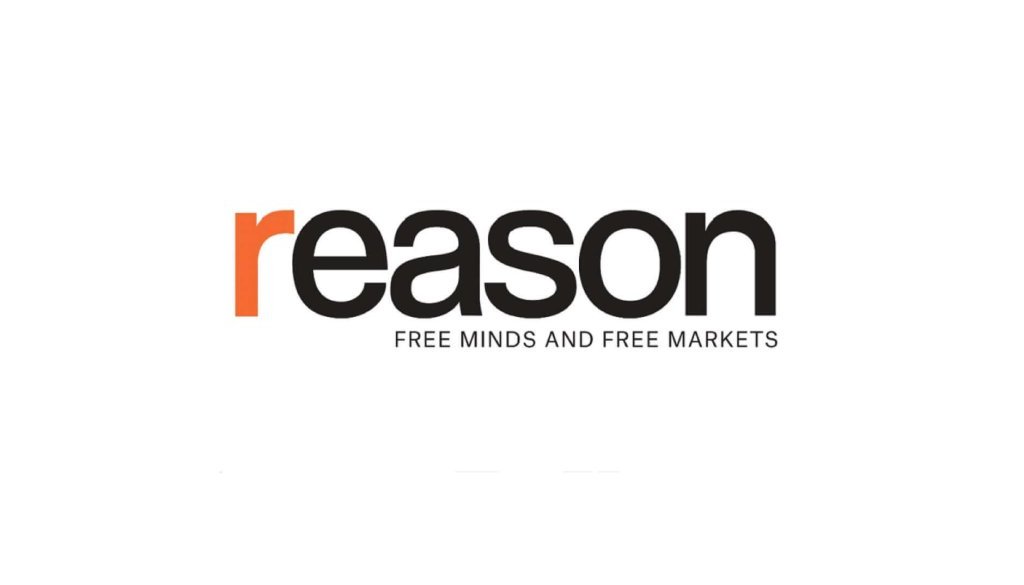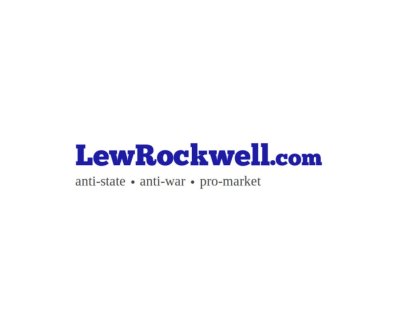A Major Property Rights Case Idles on Supreme Court Docket
Happy Tuesday, and welcome to another edition of Rent Free. This week’s stories include:
- How a pending challenge to Los Angeles’ COVID eviction moratorium at the Supreme Court could pave the way for broader challenges to rent control laws nationwide
- Colorado Gov. Jared Polis deploys some fiscal sticks to get localities into compliance with state housing law.
- Why rent controls are worse than other price controls
Could a Challenge to Los Angeles’ Eviction Ban End Rent Control in New York?
Idling on the Supreme Court’s docket is a challenge to Los Angeles’ COVID-era eviction moratorium that, if heard, could have major implications for legal challenges against tenant protection and rent control laws across the country.
In its upcoming Thursday conference, the Court is scheduled to discuss whether to take up the case of GHP Management Corp. v. City of Los Angeles, in which landlords are demanding $20 million in compensation for what they claim was free housing the city of Los Angeles forced them to provide through its eviction ban.
The Court has been repeatedly “relisting” the case since March, when it first was scheduled to consider taking the case in conference.
A continually relisted case can effectively mean anything. It definitely raises the possibility that either the justices are seriously considering taking the case or, alternatively, that one of the justices is writing a dissent from the Court’s decision not to take the case.
“Usually when that happens, it means somebody is interested, but that doesn’t mean they’re going to take the case,” says Jeff Schwab, an attorney with the Liberty Justice Center, which wrote an amicus brief in support of the landlords’ Supreme Court petition.
The landlords’ petition in the case argues that the city of Los Angeles effected a physical taking of their property by banning their ability to evict tenants for nonpayment of rent, causing nuisances, and/or having unauthorized occupants and pets in their unit. They also couldn’t take the property off the market to live in it themselves.
These restrictions were ended in January 2023, although delinquent tenants couldn’t be evicted for accrued back rent through 2024.
“The City in effect imposed and transferred to defaulting tenants an exclusive easement in the private property of others without paying for it,” reads the petitioners’ cert petition to the Court.
To make their case, the petitioners cite the 2021 U.S. Supreme Court decision in Cedar Point Nursery v. Hassid, which held that a California law allowing union organizers access to farm properties was a physical taking.
Twice now, federal appeals courts have accepted the argument that COVID-era eviction moratoriums are a physical taking.
In 2022, the U.S. Court of Appeals for the 8th Circuit ruled that Minnesota Gov. Tim Walz’s eviction moratorium was, per Cedar Point, a per se physical taking, and the plaintiff landlords in that cause could pursue a just compensation claim.
(Last year, the same court ruled that Minnesota’s sovereign immunity protected it from actually having to pay landlords that just compensation.)
More recently, in August 2024, a three-judge panel of the U.S. Court of Appeals for the Federal Circuit ruled that the federal government needed to pay compensation to landlords for the national eviction moratorium. Plaintiffs in that case are demanding $23 billion in compensation.
Disagreeing is the U.S. Court of Appeals for the 9th Circuit, which in May 2024 rejected landlords’ physical takings claim in the GHP Management Corp. case.
“A statute that merely adjusts the existing relationship between landlord and tenant, including adjusting rental amount, terms of eviction, and even the identity of the t
Article from Reason.com

The Reason Magazine website is a go-to destination for libertarians seeking cogent analysis, investigative reporting, and thought-provoking commentary. Championing the principles of individual freedom, limited government, and free markets, the site offers a diverse range of articles, videos, and podcasts that challenge conventional wisdom and advocate for libertarian solutions. Whether you’re interested in politics, culture, or technology, Reason provides a unique lens that prioritizes liberty and rational discourse. It’s an essential resource for those who value critical thinking and nuanced debate in the pursuit of a freer society.




